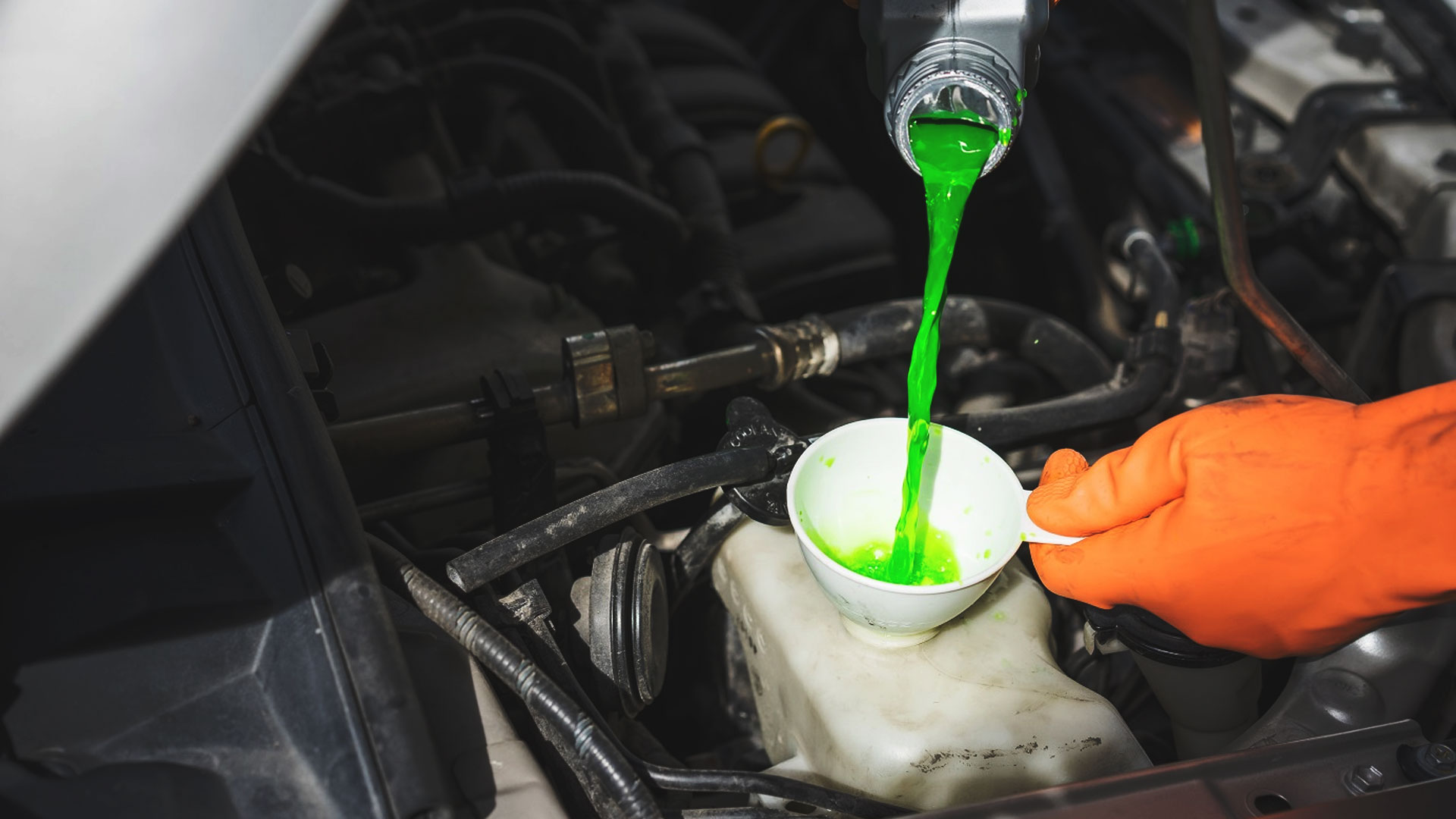Does Head Gasket Sealer Work?
We're an affiliate
We hope you love the products we recommend! Just so you know, we may collect a share of sales or other compensation from the links on this page. Thank you if you use our links, we really appreciate it!
Table of Contents
The fabled miracle cures. There’s always someone who has that “answer” to your expensive problems. It almost certainly seems too good to be true and often doesn’t align fully with reality. This is a criticism often aimed at head gasket sealer additives. A huge divide separated those throughout the industry, debating whether a simple additive really has the ability to seal head gasket leaks and save you from huge garage bills.
Head gasket replacement costs are ever increasing as a result of more complex vehicles and rising garage labour rates. Costs that could mean the difference between keeping or scrapping an old vehicle, while having your vehicle off the road and draining your wallet does not seem like a healthy compromise. Head gasket sealers then, if they really work, could be the miracle cure that so many are quick to dismiss.
How Does Head Gasket Sealer Work?
Head gasket sealing additives work by mixing with the coolant in your vehicle cooling system. From here the fluid travels through the under-bonnet pipework, activating as the car gets up to operating temperature. Once it reaches its optimum temperature the additive will begin to seal the cracks and leaks created by the head gasket failure. It does this via taking the coolants path through the leaks and reacting as it meets the combustion gasses and temperatures found within the cylinders.
Once the sealer has found its way into the nooks and crannies it will react and harden, reportedly becoming stronger even than the original (failed) material that it replaces. Once the leaks are plugged the engine can go back to working at maximum efficiency once again, or so the additives claim.
When To Use Head Gasket Cleaner
Additive products claim to offer it all, but are undoubtedly most likely to work effectively if applied as soon as the symptoms of head gasket failure have made themselves clear. Additive formulas will find it more difficult to fix leaks that have been allowed to enlarge due to continued use, meaning they will likely last only a short period if they can fix the problem at all.
How Long Does Head Gasket Sealer Last?
Unfortunately, this is a question without a certain answer at it will depend on the product used and the severity of the head gasket failure. The common answer from product manufacturers is that most additives will be able to seal leaks indefinitely, in the case that the leaks are only minor and were not causing extensive overheating or running issues prior to application.
More major leaks however are more likely to re-open, due to the increases in pressure and force applied to the fixes created by the solution. Budget for around six months (at average mileage) of regular use before issues begin to appear again, even sooner if the initial failure was enough to cause a major breakdown.
In any case, a minor leak in the head gasket should, in theory, be temporarily fixed by any of the best head gasket sealers for at least a few months. Giving you time to assess and save for head gasket replacement or to find an alternative vehicle.
Can You Use Head Gasket Sealer More Than Once?
There is precious little information from manufacturers of head gasket sealing additives about whether it is safe and/ or advisable to use a head gasket sealing product more than once.
In theory, using the product twice should not cause any more damage or harm than using the first time. If, for example the initial application was successful and fixed any leaks then re-applying (should symptoms re-appear) would allow the product to simply find the new gaps and seal those also, having the same benefits as the first time around.
Be wary however, should the leaks have resurfaced in the same location, then the sealer may be trying to form on top of existing repairs. Little is known about how this will affect the strength of the new repairs but is unlikely to fit the designed purpose and may lead to failure on the second application.
Using a head gasket sealer once is likely to show whether the additive is going to be of any use for your specific application. If the product is not working on the first try, chances are that the leak is too large and another application will do little to resolve this issue. If the first application has worked then this should give you time to save and plan for replacement services to ensure longevity rather than relying on these temporary liquid solutions in the long term. No testing is performed to test applying a product on the same vehicle more than once, so proceed carefully if re-applying.
Will the Head Gasket Sealer Damage My Engine?
Many additives from years gone by could wreak havoc on engine internals, causing much more damage than good when applied. The products were often crude, while little testing went into their safety for engine internals and fuel pipes specifically.
Modern additives however must be held up to rigorous European standards, in order to even make it to the shelves here in the UK. Those that are unsafe or do not hold up to their claims are soon dismissed by consumers, suffering with low sales and bad reviews that prevent the product getting into the mainstream market.
With the research and testing now applied to these products, you can be sure that buying from a top brand will ensure that your engine will not be ruined from the application of a head gasket sealing product. These products are formulated with microscopic particles that seal the tiniest of cracks, meaning they will not clog other parts of the engine or cooling system. The product will simply exit the system when the coolant is drained (in the case of replacing the head gasket), while the hardened product will more than likely be held within the layers of the old gasket, that is being thrown away.
The Pros and Cons of Head Gasket Sealer
Pros:
- Seals small leaks
- Can give you time to save for a replacement head gasket
- Could be a permanent solution for minor leaks
- Low outlay for promised performance
- Ability to keep you on the road
- Can find leaks throughout cooling system, not just on the head gasket
Cons:
- May be unable to seal larger leaks
- Unlikely to be a permanent solution
- Not suitable for air-cooled vehicles
Which Head Gasket Sealer Should You Buy?
Hundreds of offerings currently litter UK shelves and websites, trying to get your attention as the best head gasket sealing solution. Most well renowned brands will offer a product that should live up to at least some of the promises without risk of damaging your vehicle further. Before purchasing however, we would recommend you perform a little research to find the best head gasket sealing additive for your situation.
Our recommendation would be to stick with trusted brands whose products are well regarded by customers, with glowing reviews and product recommendations not hard to find.
Conclusion
Though there is no sure-fire answer as to whether a head gasket sealer will solve your vehicles woes, it is a low-cost method that could get your vehicle back on the road for at least a few months. This gives you time to assess options, save for repairs and carry on going about your regular life. Even if the product doesn’t work, you won’t have spent much time or expended much effort and the products will not cause any further damage to your engine.
Trying a sealing additive could be the difference between a running vehicle and an expensive immovable lump of metal on your drive. Just ensure that you pick the right product and you could be stress and worry free, at least for a little while.
If you liked this article, please share, leave a comment below and check out our other exciting articles.
Categorised in: Advice






1 Comment
Warning: Undefined array key 180 in /home/u863105383/domains/czokbrand.com/public_html/wp-content/themes/html5blank-stable/functions.php on line 288
Ambrose says:
Whick gasket sealer can I use for 2008 Lexus Is250